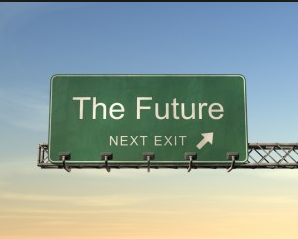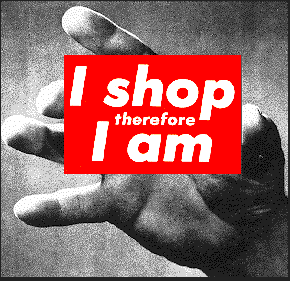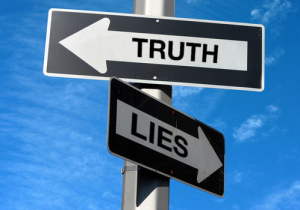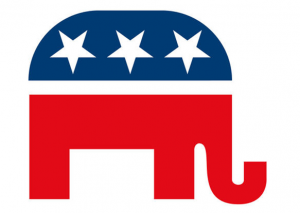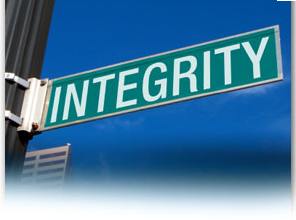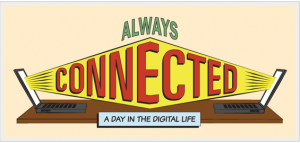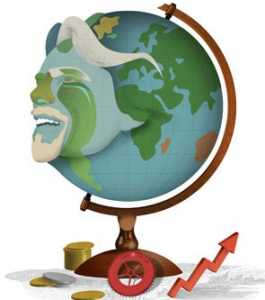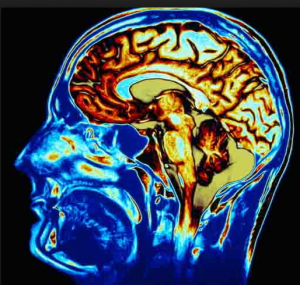 In recent years several research studies have found that the brains of people described as “psychopaths,” who behave in ways that most would find horrendous — torturing, murdering, or simply cheating people for their own gain, regardless of how it hurts others — seem to be “wired” differently from most people. Their brain functions appear to diminish the capacity for empathy, remorse or judgement about the consequences of their actions. In effect, they aren’t able to feel concern for others, or to demonstrate it when acting on aggressive emotion or desires. And that makes such people particularly dangerous, even though on the surface they may feign “normalcy” and even know how to behave in ways that appear socially engaged — even charming — think Ted Bundy, or currently, Ariel Castro, the Cleveland kidnap and torture suspect.
In recent years several research studies have found that the brains of people described as “psychopaths,” who behave in ways that most would find horrendous — torturing, murdering, or simply cheating people for their own gain, regardless of how it hurts others — seem to be “wired” differently from most people. Their brain functions appear to diminish the capacity for empathy, remorse or judgement about the consequences of their actions. In effect, they aren’t able to feel concern for others, or to demonstrate it when acting on aggressive emotion or desires. And that makes such people particularly dangerous, even though on the surface they may feign “normalcy” and even know how to behave in ways that appear socially engaged — even charming — think Ted Bundy, or currently, Ariel Castro, the Cleveland kidnap and torture suspect.
The most recent study sheds more light on how this occurs.. Previous research has found dysfunction of specific brain regions, such as the amygdala, associated with emotions, fear and aggression, and the orbitofrontal cortex, the region which deals with decision making. Continue reading









